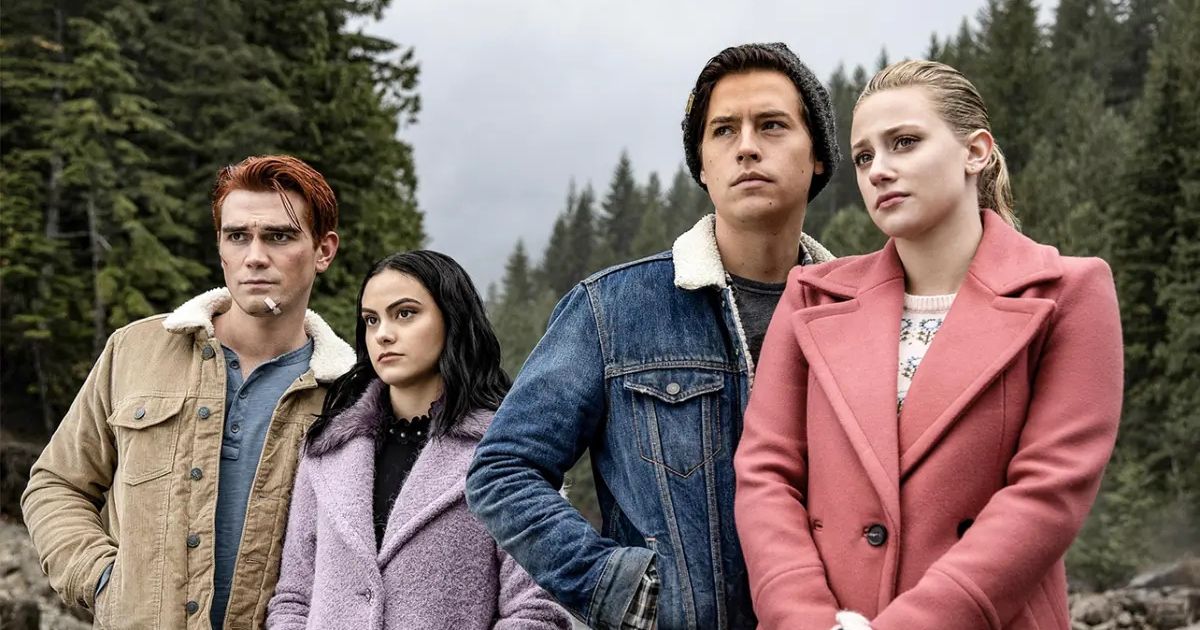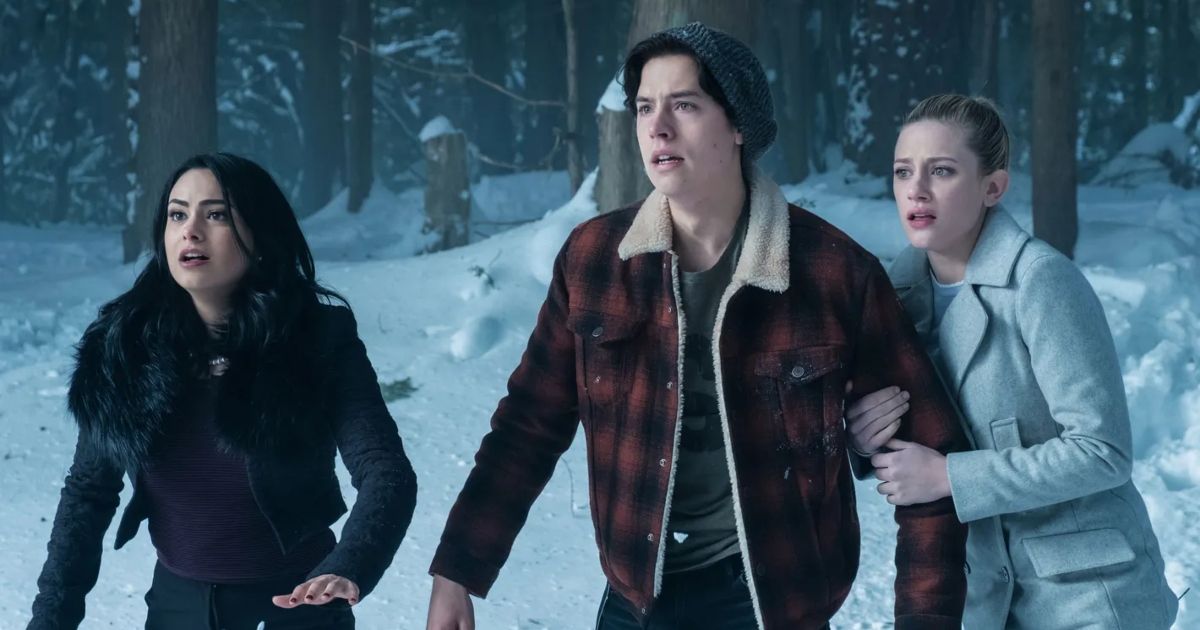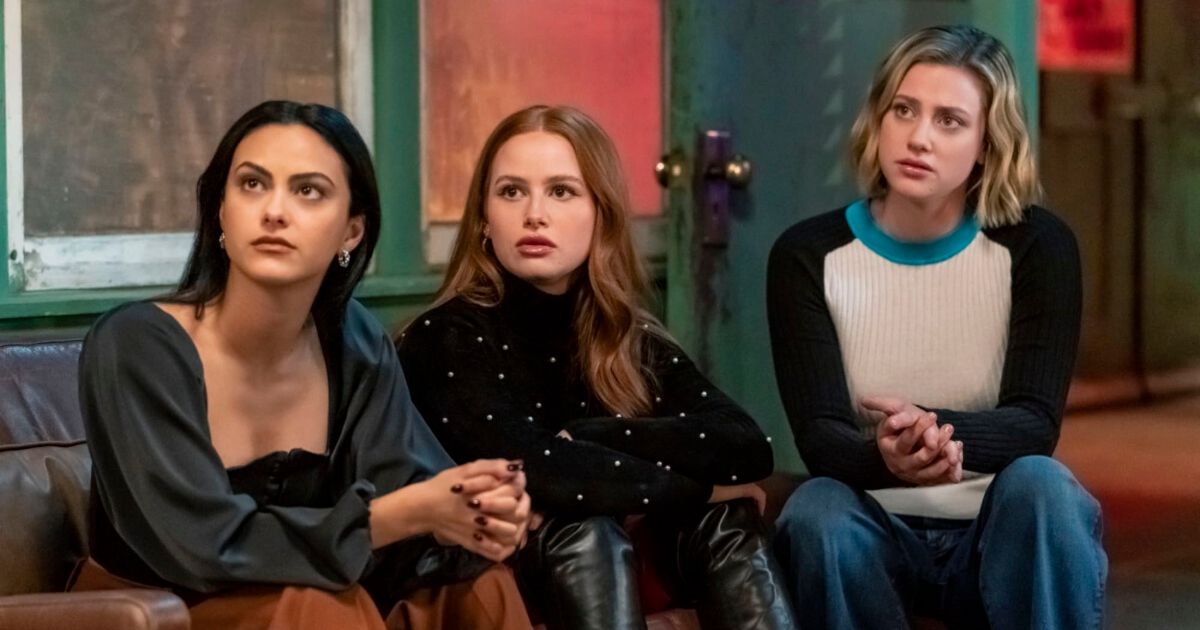Soon after Riverdale began airing in 2017, it quickly became the internet’s punching bag. Every time a show on Netflix gets canceled, there is an uproar about how it should have been Riverdale that was canned instead. One example of this is the cancelation of The Society as a result of COVID, as reported by Digital Spy. This line of argument is a moot point because Riverdale is not a Netflix original.
Of course, this stubborn commitment to picking on Riverdale — even when it’s not relevant — is emblematic of a larger issue. Those who hate the show aren’t willing to look into it in enough depth to see that it airs on The CW, let alone even try and watch it. They see overly silly or earnest quotes circulating online, and jump to the conclusion that the show is ridiculous. No one stops to consider that the dialogue might be amusing on purpose.
This is not a new phenomenon. The enthusiasm of teenage girls toward their interests has been dismissed and disparaged for whole centuries. Even as far back as the 19th Century, composer Franz Liszt supposedly "drove women to hysterics" at his performances (via Vox). This belief that women's and girls' interests were the result of some kind of insanity or mania continued on to fans of The Beatles (note the phrase "Beatlemania") and Elvis. More recently, consider One Direction, Gossip Girl, or almost every rom-com: no matter the commercial success or records broken, they are always the butt of the joke. Yes, people are allowed to dislike the things they dislike. But why is there such unearned vitriol towards media for teenage girls?
What's Wrong With Riverdale?
For the uninitiated, Riverdale is a TV show based on the characters of Archie Comics — a comic book series founded in 1938. Much like a typical teen drama, the show follows a group of friends as they navigate high school and, later, adulthood. However, unlike its rivals, Riverdale frequently descends into fantasy. Featuring a gargoyle king, potential alien abductions, and full-on superpowers, the series has a cartoonish twist that nods to its comic book origins. As may be clear at this point, the show does not take itself too seriously: it's fun, it's campy, and many people can't stand it.
Quotes that often circulate the internet include: "That means you haven't known the triumphs and defeats, the epic highs and lows of high school football," from the titular Archie, and "In case you haven't noticed, I'm weird. I'm a weirdo. I don't fit in, and I don't wanna fit in. Have you ever seen me without this stupid had on?" from his best friend Jughead. These are evidently funny lines, but this is where the disconnect occurs. Those who hate Riverdale don't believe that teenage girls could enjoy something that is knowingly laughing at itself. It seems impossible to them that the show is self-aware and deliberately humorous. In reality, it's the sincerity of these lines that makes them so funny. Archie is in a juvenile prison trying to solve a gang war when he talks about the epic highs and lows of high school football; the scenario is absurd.
The Value of Enjoyment
If you want to go really deep, there is even an argument to be made that Riverdale is a discussion of cycles of trauma. The main four characters spend the narrative trying, and failing, to escape the fate of their parents. For Archie, this takes the form of yearning for a perfect nuclear family with girl-next-door Betty after the divorce of his parents and the subsequent death of his father. Betty's father is revealed to be a serial killer, and later she discovers that she carries the MAOA "serial killer gene." Veronica's father is a mafia boss who terrorizes the town, and she makes futile attempts to take him down by replicating his businesses but doing them (mostly) legally. Lastly, Jughead repeatedly tries to escape the poverty of his parents and shed his outsider status. One of these efforts takes him to a private boarding school where he is almost murdered, à la The Secret History. Evidently, the way these ideas are put forward is over the top, in keeping with the style of the show, but that doesn't negate that they are there if you're willing to look.
The power of being a fan of something like Riverdale is that you are not letting other people's opinions dictate your behavior. Riverdale's fans have the capacity to understand that two things can be true at once: the show is silly and even ridiculous, while also being layered and interesting. Depth can be found wherever you may be looking. Staying open-minded to it will only allow you to connect with what you are watching in a stronger way. There's no shame in liking something "too much" or loving the "wrong" show, enthusiasm is something to be proud of. To those who blindly ridicule shows like Riverdale, you may want to ask yourself why, and even give it a try — you might have fun.



